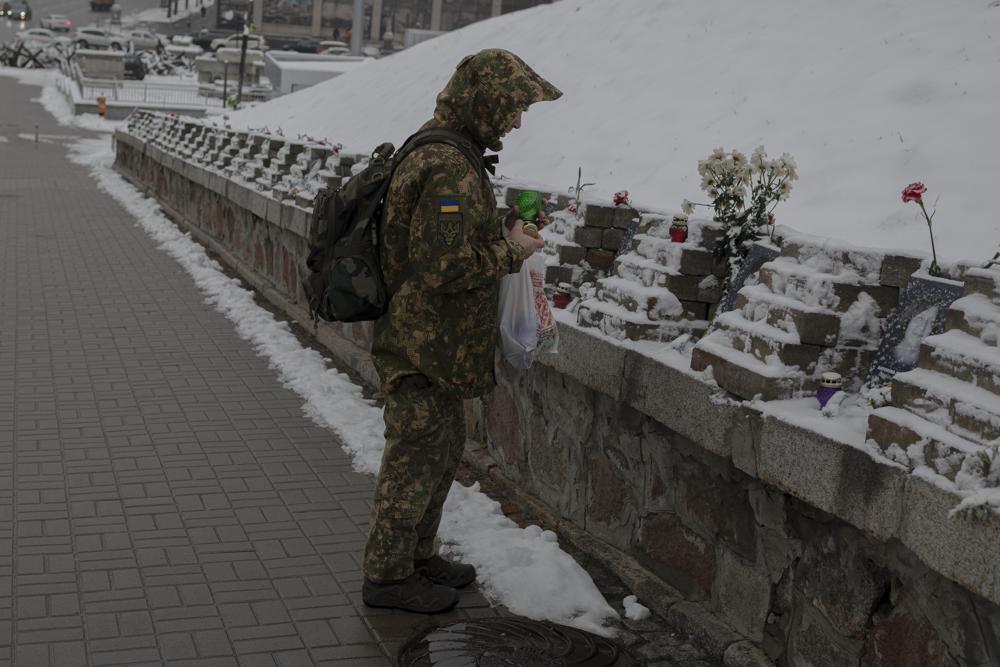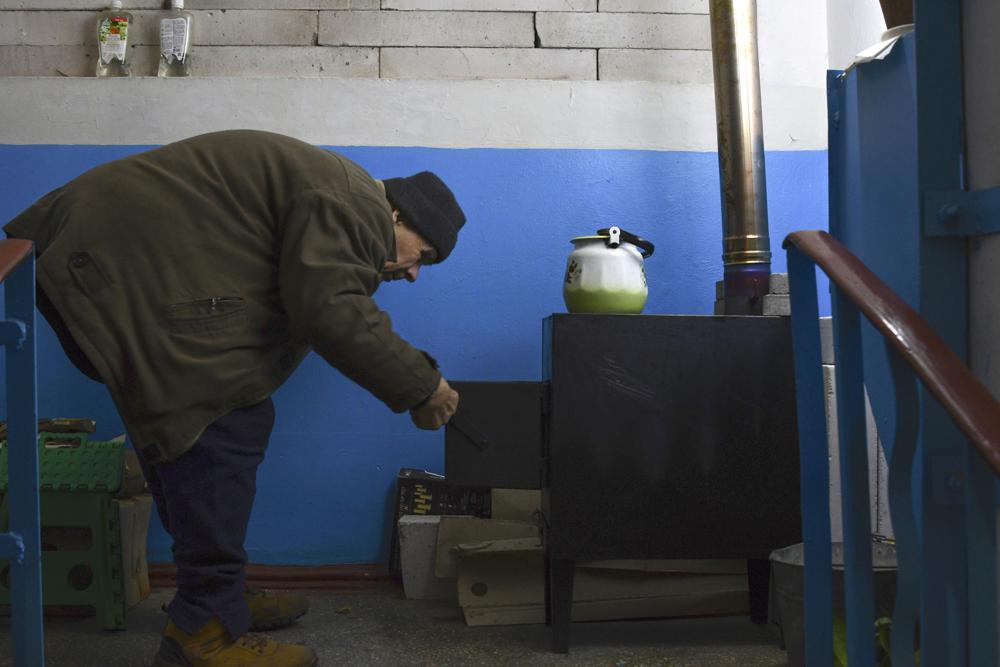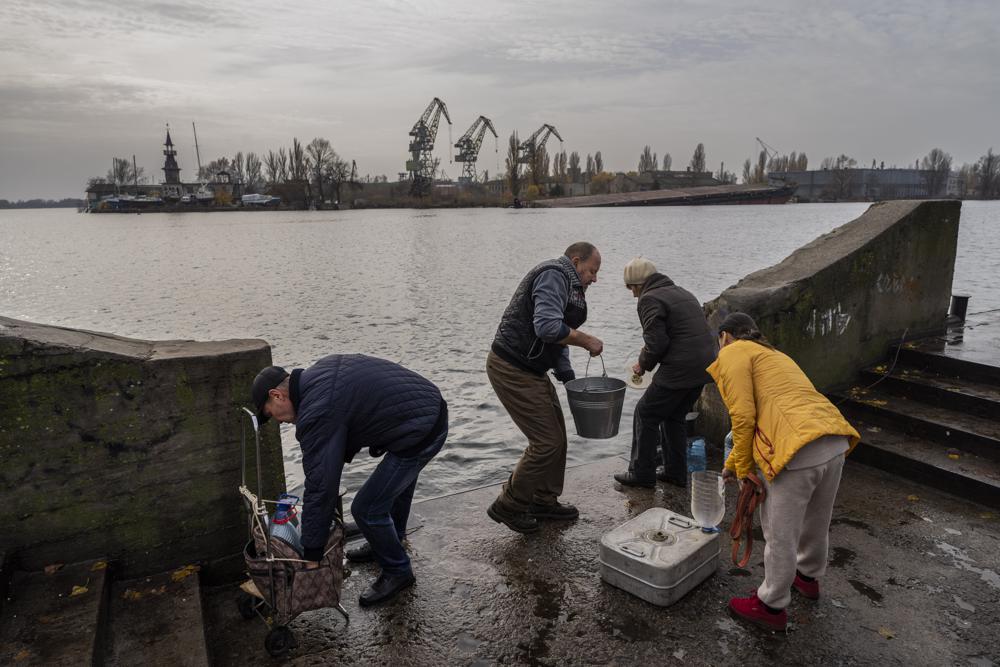How could winter affect the war in Ukraine?
Right now, more than half the country's energy system has been damaged.

A few minutes every morning is all you need.
Stay up to date on the world's Headlines and Human Stories. It's fun, it's factual, it's fluff-free.
When the Russian invasion of Ukraine started, it seemed like Russia had this conflict in the bag. But Ukraine has held up against the invasion surprisingly well. Over the past nine months of (really brutal) war, Ukraine has forced Russia into retreating over key territories like Kherson. Still, Russia's done some real damage to Ukraine's infrastructure. Last week, it launched its biggest attack yet on Ukraine's power plants, substations, natural gas facilities and waterworks, continuing to wreck the power grid.
Right now, more than half the country's energy system has been damaged. With winter coming fast and Kyiv already covered in snow, how is Ukraine dealing with this? Ukrainian authorities have begun evacuating people from liberated parts of Kherson and Mykolaiv, afraid that a lack of heat, power and water would make these places basically unlivable. It's also advising citizens that can to stay away for a few months to give hospitals and infrastructure a much-needed break. But Ukraine isn't necessarily stopping their counteroffensive. In fact, Russia is still on the retreat, and the Ukrainian forces have their eye on maybe even recapturing Crimea.
Key comments:

Ukrainian Prime Minister Denys Shmyhal said at a meeting with the European Commission Friday, "Russia is trying to compensate for the losses on the battlefield with missile attacks on civilian critical infrastructure."
"We will fight as long as we have the strength. Our goal is to liberate all Ukrainian land from Russian occupation. We will not stop on this path under any circumstances," said the commander-in-chief of Ukrainian forces, General Valeriy Zaluzhnyi.
"This winter will be life-threatening for millions of people in Ukraine. Attacks on health and energy infrastructure mean hundreds of hospitals and healthcare facilities are no longer fully operational, lacking fuel, water and electricity," said the WHO's regional director for Europe, Dr. Hans Henri P. Kluge.





Comments ()